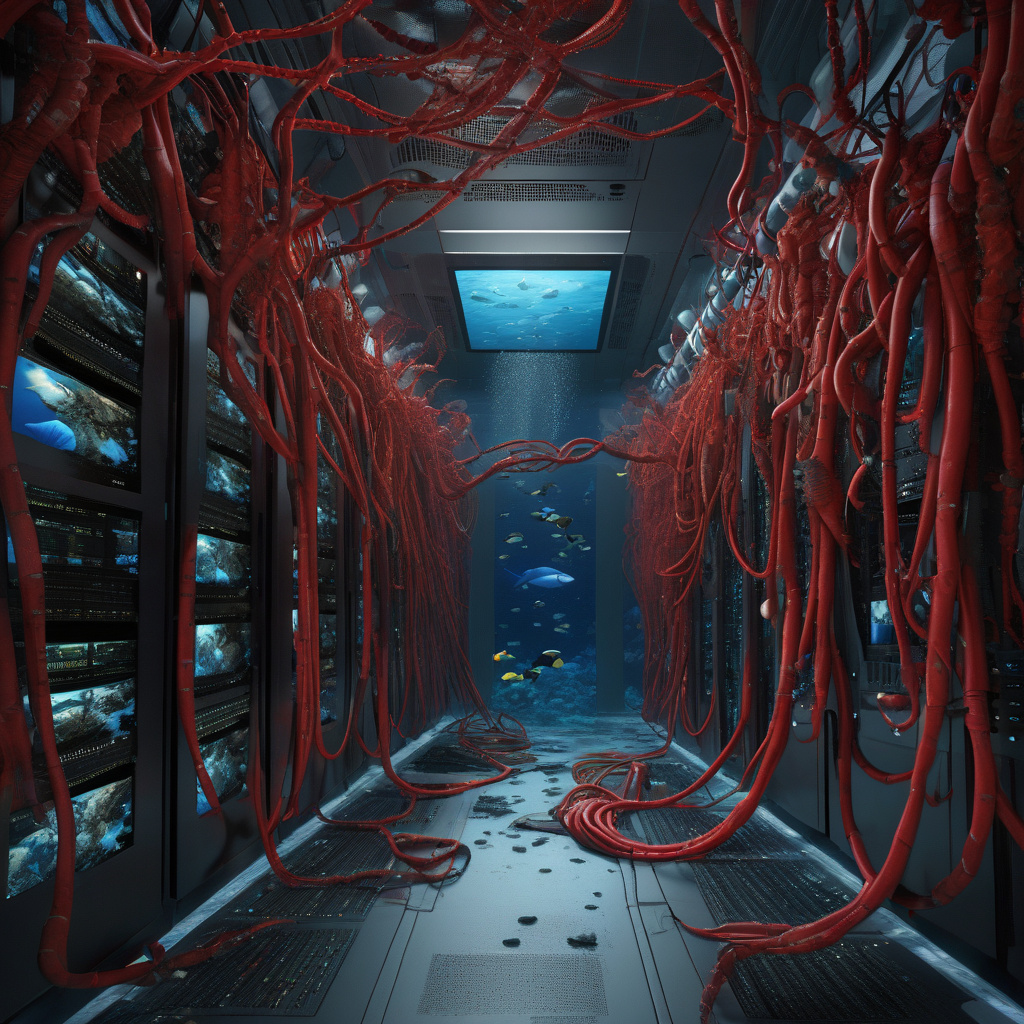Microsoft Cloud Services Disrupted by Red Sea Cable Cuts: What This Means for E-Commerce
In a recent turn of events, Microsoft’s cloud services have been impacted by the Red Sea cable cuts. This disruption has sent ripples across the e-commerce industry, raising concerns about the vulnerability of digital infrastructure. While initial speculations pointed towards Houthi rebels as the culprits behind the cable damage, they have since denied any involvement. This incident sheds light on the crucial role of reliable digital infrastructure in the realm of e-commerce and the pressing need for contingency plans in the face of such disruptions.
The reliance on cloud services has become ubiquitous in the e-commerce landscape, with businesses leveraging these platforms for everything from data storage to customer relationship management. Microsoft, as one of the leading providers of cloud services, plays a pivotal role in supporting the digital operations of countless e-commerce businesses. Therefore, any interruption in its services can have far-reaching consequences for the entire e-commerce ecosystem.
The Red Sea cable cuts serve as a stark reminder of the vulnerabilities inherent in the digital infrastructure that underpins e-commerce operations. While the exact cause of the cable damage is still under investigation, the incident highlights the potential risks that businesses face in an increasingly interconnected world. From natural disasters to deliberate sabotage, there are numerous threats that can disrupt the smooth functioning of digital services.
For e-commerce businesses, the disruption of Microsoft’s cloud services raises concerns about data security, operational continuity, and customer experience. In the event of such disruptions, businesses may find themselves unable to access critical data, process transactions, or communicate with customers effectively. This not only leads to immediate financial losses but can also have long-term repercussions on the reputation and trustworthiness of the business.
In light of these challenges, e-commerce businesses must proactively prepare for potential disruptions to their digital infrastructure. This includes diversifying their cloud service providers, implementing robust data backup and recovery mechanisms, and developing contingency plans to ensure business continuity in the face of unforeseen events. By taking these proactive measures, businesses can mitigate the impact of disruptions such as the Red Sea cable cuts and safeguard their operations against future threats.
Furthermore, the incident underscores the need for greater collaboration and coordination among stakeholders in the digital ecosystem. Governments, technology companies, and industry associations must work together to enhance the resilience of digital infrastructure and address vulnerabilities that could pose risks to e-commerce operations. By fostering a culture of information sharing and cooperation, stakeholders can better prepare for and respond to disruptions, ultimately strengthening the overall security and stability of the e-commerce landscape.
As the investigation into the Red Sea cable cuts continues, e-commerce businesses must remain vigilant and proactive in safeguarding their digital operations. By learning from this incident and implementing appropriate risk mitigation strategies, businesses can better protect themselves against unforeseen disruptions and ensure the seamless functioning of their e-commerce activities. In an ever-evolving digital landscape, preparedness and resilience are key to thriving in the face of uncertainty.
#ECommerce, #DigitalMarketing, #CloudServices, #BusinessContinuity, #DataSecurity
